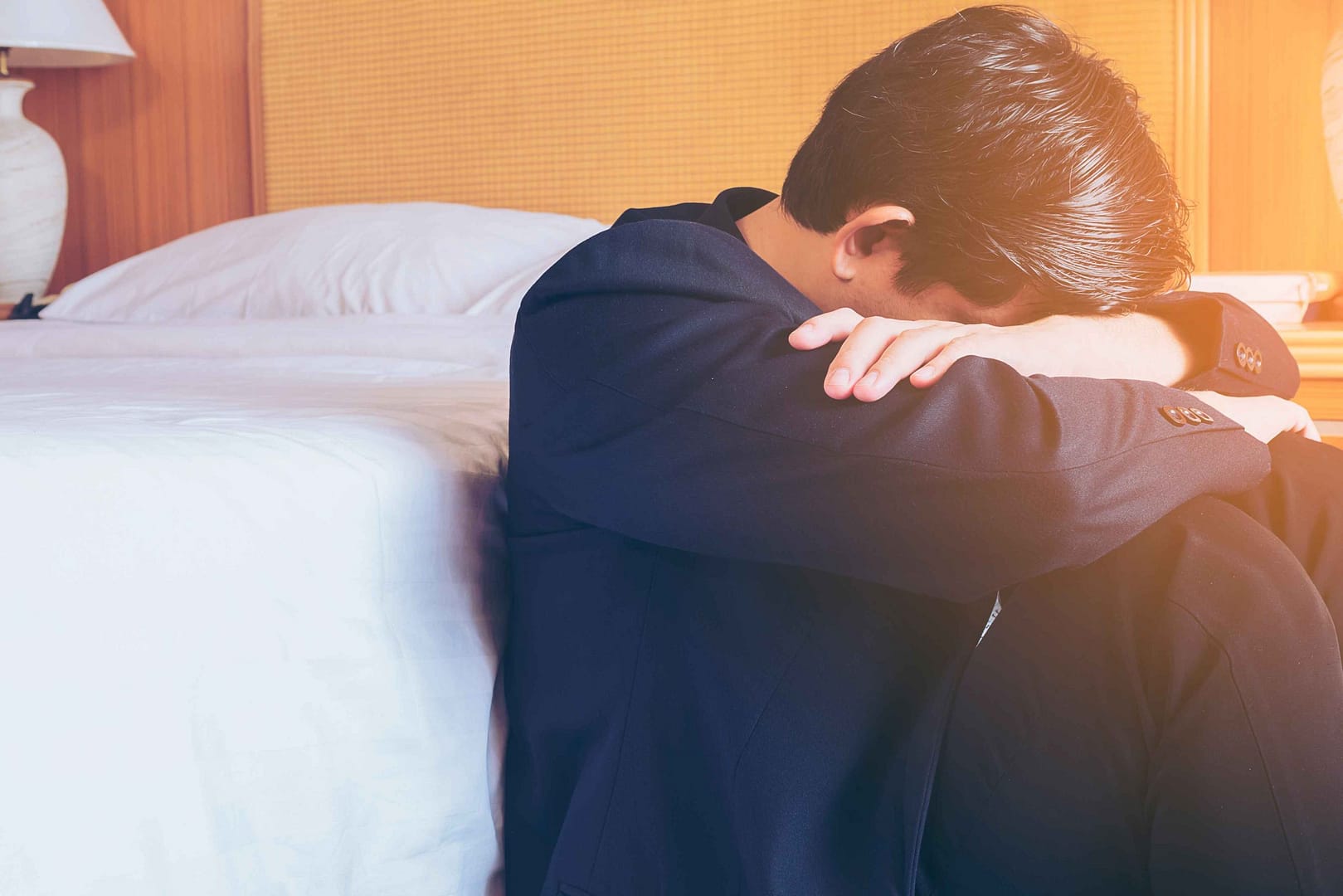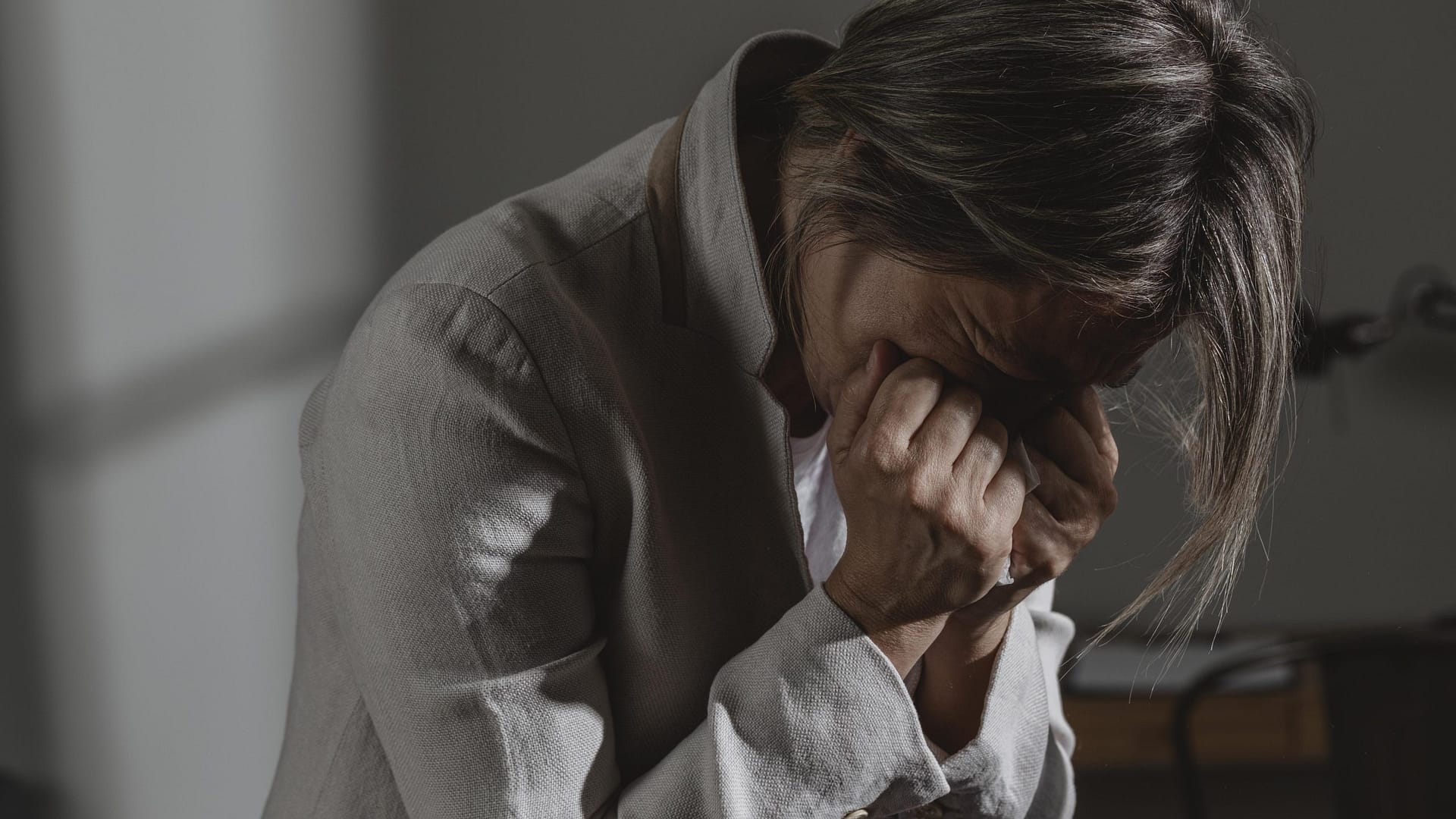The feeling of loneliness is characterized by feelings of self-dissatisfaction with one’s social connections, lack of attachment to others, and so on. Obsessive Compulsive Disorder, a form of mental health issue, is characterized by intrusive thoughts and compulsive behavior. OCD aim to reduce the feeling of anxiety within the affected individual
OCD and loneliness might seem to have no connection. However, the truth is that the two conditions are related in a very complex manner.
In General loneliness can make one feel disconnected from others with a lack of meaningful social interactions. General loneliness can affect anyone irrespective of their circumstances and physical presence of others around them. On the other hand OCD brings about feelings of loneliness due to the implications caused by obsession and compulsion.
Understanding its causes, symptoms and the available treatment methods with a compassionate psychotherapy in NYC will assist people to seek professional assistance at the right time.
Understanding How Things Are Connected
Individuals with OCD commonly face social anxiety and hard to manage uncertainty that results from intruding thoughts. Awkwardness during embarrassment, as well as other activities in front of people, causes much distress. So, individuals avoid those situations completely, leading them into isolation.
In addition, relationships become difficult because time spent on compulsions becomes too long. When several hours are used for rituals or actions, they can take away any opportunities to be sociable anymore.
How Loneliness Can Worsen OCD Symptoms:
Loneliness can worsen OCD symptoms because the affected individuals are not left with any support. When there is no one close who can provide support to put things into proper perspective and offer encouragement, intrusive thoughts and anxiety tend to run riot.
The same applies to isolation. Isolation may increase the intensity of obsessions and compulsions. A quiet environment allows intrusions to cause chaos in the mind. So, there is an upsurge in ritualistic acts as a way of coping with them.
Causes of Loneliness in OCD
Compulsions And Neglect Of Social Life
Time spent on compulsions may result in social neglect. Compulsions are repetitive behaviors or mental acts that individuals feel compelled to perform. It supports people with OCD and alleviates the distress caused by their obsessions.
These acts take up so much time during the day. So, it becomes hard for people to have friends and engage socially outside their rituals. The demands associated with managing OCD leave little energy or possibility for social interactions, resulting in weakened relationships.
Misunderstandings About OCD
Misunderstandings about OCD may increase alienation from others. Friends and family members who do not know what this disorder entails may react unknowingly in ways that further enhance feelings of loneliness.
For instance, they might brush off someone’s worries, call them irrational, or become distant because they feel uncomfortable or confused. When the people around OCD affected individuals keep on dismissing their symptoms it can make them feel isolated. This further feeds into their sense of being lonely.
Get an insight into the causes of loneliness in OCD with psychotherapy counseling in New York city.
Symptoms of Loneliness in OCD:
The person affected by loneliness and OCD tends to feel secluded because they continue to fight against intrusive thoughts as well as compulsions, which may put them far away from interacting with others. These disturbing thoughts continuously occupy one’s mind, making it nearly impossible for them to be fully attentive while interacting with other individuals. They end up feeling like they do not deserve any company.
Difficulty Connecting with Others
Another common sign of loneliness in OCD is difficulty connecting. People find it stressful to interact socially. People with OCD might get anxious, thinking they will be judged wrongly by those around them.
Talking without being disturbed by obsessive thought processes or carrying out compulsions would be difficult, given the intrusive nature of OCD. A lack of strong relationships can, therefore, increase these feelings of loneliness since affection is crucial for human beings. The uncertainty caused by loneliness can make them seek constant reassurance and security from their loved ones.
In such scenarios the loved ones must refrain from providing reassurance to assist them in learning how to deal with life’s uncertainty without getting too anxious.
OCD and Social Interaction
Despite the yearning for human contact, OCD patients are held back by intrusive thoughts and compulsions. Social interactions tend to become anxious moments characterized by fear of embarrassing oneself.
This makes some individuals avoid social situations as a way to protect themselves from perceived threats. So, it turns into an unending cycle of being alone.
Recover from the symptoms of loneliness in OCD with the assistance of psychotherapists in NYC.
Loneliness and Its Impact on Everyday Life in OCD
Everyday life can be profoundly affected by loneliness found in OCD. Furthermore, individuals may experience low self-esteem, depression, and a lack of purpose or significance. The depression caused by loneliness in OCD must be identified and addressed by mental health professionals to reduce its effect on the individual’s life. Simple tasks such as running errands or being present at social events become traumatizing experiences. This leads to further isolation and creates a terrible tangle of loneliness, leading to aggravated symptoms of obsessive-compulsive disorder (OCD).
In the absence of strong support systems, people with OCD struggle to manage their condition effectively, resulting in declining quality of life.
Evidence-Based Therapies for Loneliness in OCD
There are different evidence-based therapies that assist individuals to overcome these hurdles and establish meaningful relationships.
Cognitive Behavioral Therapy (CBT):
Cognitive Behavioral Therapy (CBT) is an acknowledged treatment approach for Obsessive-Compulsive Disorder (OCD).CBT is also an invaluable tool in addressing the loneliness many people with OCD often feel.
In CBT, people learn how to identify and challenge negative cognitions about relationships and social interactions. This form of therapy enables them to reframe their intrusive thoughts while decreasing anxiety about social situations. Individuals can develop healthier cognitive processes and behaviors. This would enhance their ability to connect with others thereby reducing feelings of loneliness and isolation.
Exposure Therapy
For people with OCD who are socially anxious, exposure therapy is particularly beneficial. This therapy involves gradually exposing individuals to the social situations they fear in a controlled and systematic manner. Through repeated exposures, individuals learn to face and cope with their unwanted thoughts, thereby diminishing their anxiety levels.
These avoidant behaviors decrease as they get more familiar with these situations. The process aids individuals in building effective coping mechanisms hence enhancing their ability to take part in social interactions.
Acceptance and Commitment Therapy (ACT):
Acceptance and Commitment Therapy (ACT) assists people in seeing intrusive thoughts or compulsions as a separate entity from themselves. This results in an emotional detachment from them. Rather than focusing on eliminating OCD symptoms, ACT encourages individuals to live in accordance with their personal values and build meaningful relationships.
These therapies employed by New York psychotherapists enable individuals to cultivate a more present and fulfilling life, enhancing their ability to engage in social interactions and develop deeper connections.
FAQs
Q1: How does loneliness worsen OCD symptoms?
Loneliness can intensify OCD symptoms. Without close relationships to offer perspective and support for the condition, intrusive thoughts can become even more powerful, resulting in an increase in compulsions. Isolation causes obsessions to dominate the mind, thereby causing a burst of ritualistic behaviors as coping mechanisms.
Q2: Why do people with OCD often feel lonely?
People with OCD often feel lonely due to time-consuming compulsion acts, which provide no room for social interactions. Moreover, wrong notions about obsessive-compulsive disorder may lead to isolation since some friends or relatives may not fully understand how severe this disease is. This combination makes it difficult for people suffering from OCD disorder to sustain strong social ties.
Q3: What therapies are useful in addressing loneliness in OCD?
In relation to dealing with loneliness among those who have OCD, Cognitive Behavioral Therapy (CBT), Exposure Therapy, and Acceptance and Commitment Therapy (ACT) are useful treatment options. CBT assists one in reframing negative beliefs regarding social interactions while reducing anxiety over engagement therein. In exposure Therapy, patients are gradually exposed to situations they dread socially in order for them to develop strategies for dealing with them and interacting freely with others. ACT promotes detachment from intrusive thoughts through living according to one’s values as well as cultivating meaningful relationships.
Conclusion
Loneliness, along with OCD, can be very tough to deal with. With the right support and proper therapy, one can build meaningful connections and overcome this condition. A mental health professional can assist individuals in approaching this condition in a systematic and constructive manner.
Find freedom from the feelings of loneliness and constant compulsions. Live a fulfilling and balanced life with the support of friends and family.
Searching for compassionate psychotherapy treatments in NYC? Just contact psychotherapist Gita Sawhney at her practice GS Mental Health and Wellness in Manhattan, New York.






